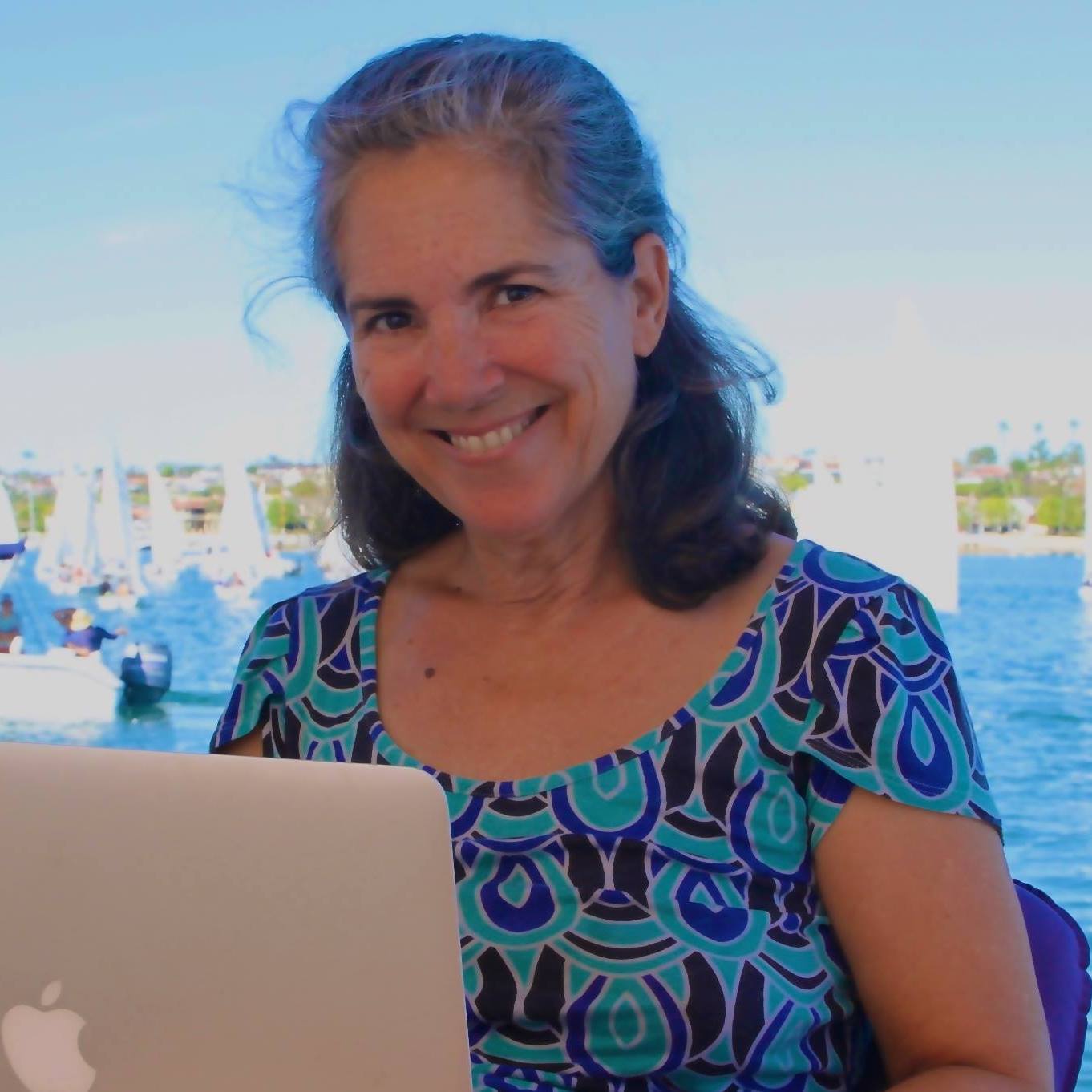Think I'm being uncharacteristically pessimistic? Overreacting to the usual barrage of censorship in our lives and work?
Not really...read this HuffPo article about the Texas Textbook Massacre and tell me if I'm not reacting fairly reasonably. I am reminded of a gutsy and prescient book from 1992 called What Johnny Shouldn't Read, which you can buy here from Powell's bookstore, online. or click the cover below to buy elsewhere online.

How in the world can we hope for a future in which the citizen's of this planet can make informed and enlightened choices, if we limit today's students' exposure to only literature (and other arts) that support an agenda? Some would say that any slant, any agenda in education is intolerable, but that the slant is becoming conservative (and perhaps even fundamentalist christian) is particularly bothersome to me.
After all, this whole new spate of textbook and history book censorship and revisionism is a reaction to the fact that these books are supposedly too liberal, right? Well, if there's going to be a slant, I'd prefer it to be "liberal", since the very word tips you off that there's plenty. Plenty of opinions, plenty of inclusiveness, plenty of ideas. A conservative ideology is well, conservative--sorry, but we're trying to conserve, here, so not so many ideas, please! And let's eliminate some of these opinions and quotes, since some of those folks (like Jefferson, fer goodness sake!) said some things that were a bit "open-minded" didn't they?

Consider this list of ten top banned books (which includes To KIll a Mockingbird, Catcher in the Rye, and Huckleberry Finn, and reasons why, and think about how much poorer your life (and mind and ability to make good life choices) would be if you hadn't read them.
Hasta pronto!



